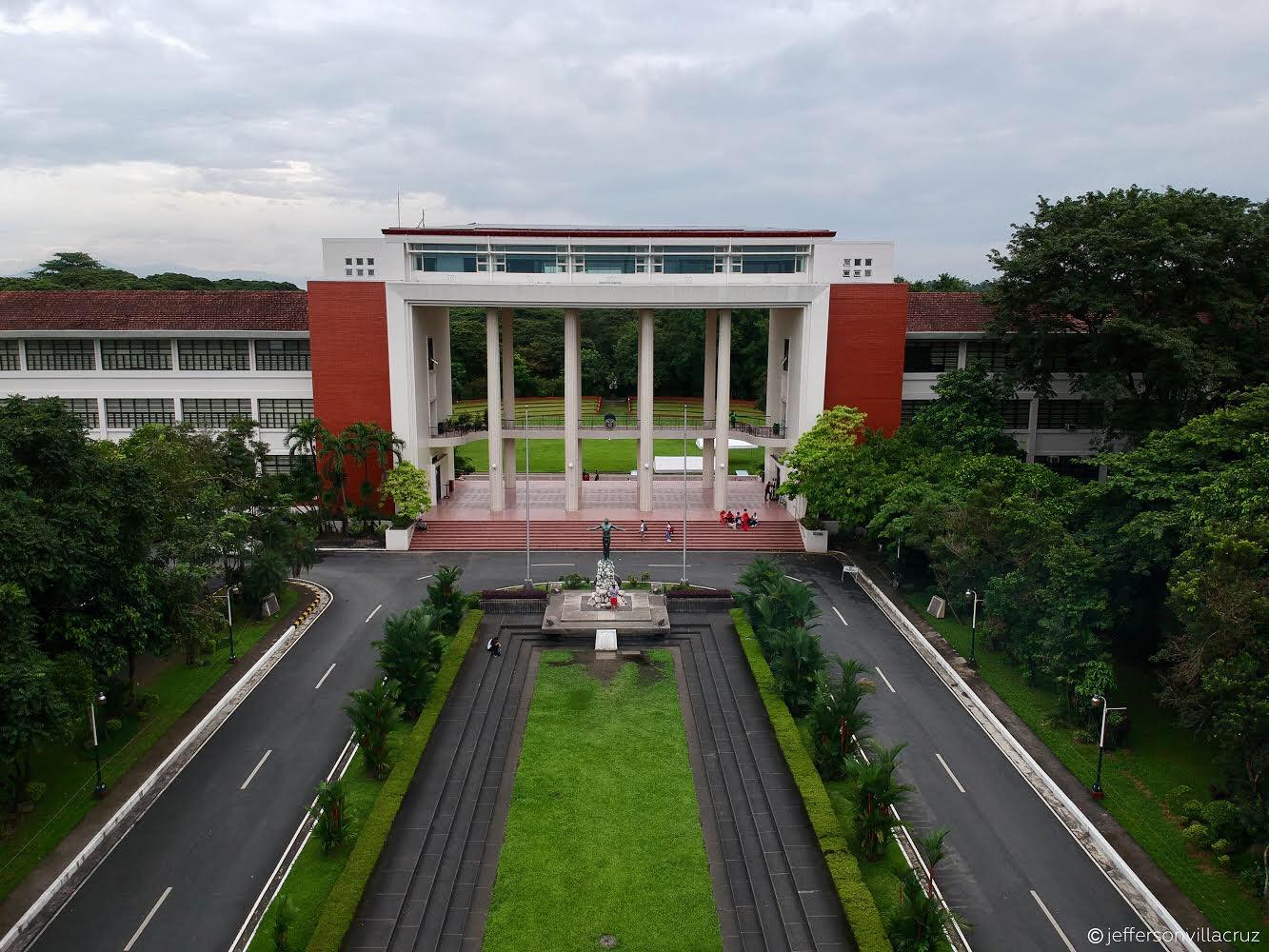Delays in martial law museum due to absence of deed of transfer — UP
The absence of a deed of transfer is causing a delay in the start of construction for the planned Martial Law Museum on the University of the Philippines (UP) Diliman campus, UP said on Wednesday, Sept. 4.

UP clarified in a statement that a "necessary deed of transfer and possession has not yet been signed" with the Human Rights Violations Victims’ Memorial Commission (HRVVMC), which has delayed the construction of the museum.
"The main cause of the delay has been the absence of the deed of transfer document (for the building) that is still with the HRVVMC for approval," said UP Vice President for Planning and Development Dan Peckley.
The HRVVMC had funded a new P80-million building, which will house the UP Diliman Campus Maintenance Office once it relocates from the site designated for the museum's construction.
Peckley explained that UP "needs the deed of transfer to be signed by both parties" to fully execute the building transfer and clear the area designated for the HRVVMC museum construction.
UP’s legal office, Peckley said, approved a draft of the deed, which was forwarded to the HRVVMC on April 18.
Peckley mentioned that UP followed up on the document’s status in May, June, August, and again on Sept. 4.
“Previously, the HRVVMC informed the university that the draft was still being reviewed by the Office of the Solicitor General and the Commission on Human Rights,” he added.
Despite this, Peckley stated that UP remains committed to working with museum stakeholders and providing assistance to ensure the establishment of the Martial Law Museum in compliance with relevant laws and regulations.
Project is a ‘go’
Meanwhile, UP President Angelo Jimenez has called an emergency meeting this week to address the issue and reaffirm the university’s commitment to realizing the museum.
“We take criticisms, even harsh ones, positively as part of the difficult challenges we face, but we know that at its core, it is an expression of our shared commitment to human rights,” Jimenez said. “This project is a go, so let’s finish it,” he added.